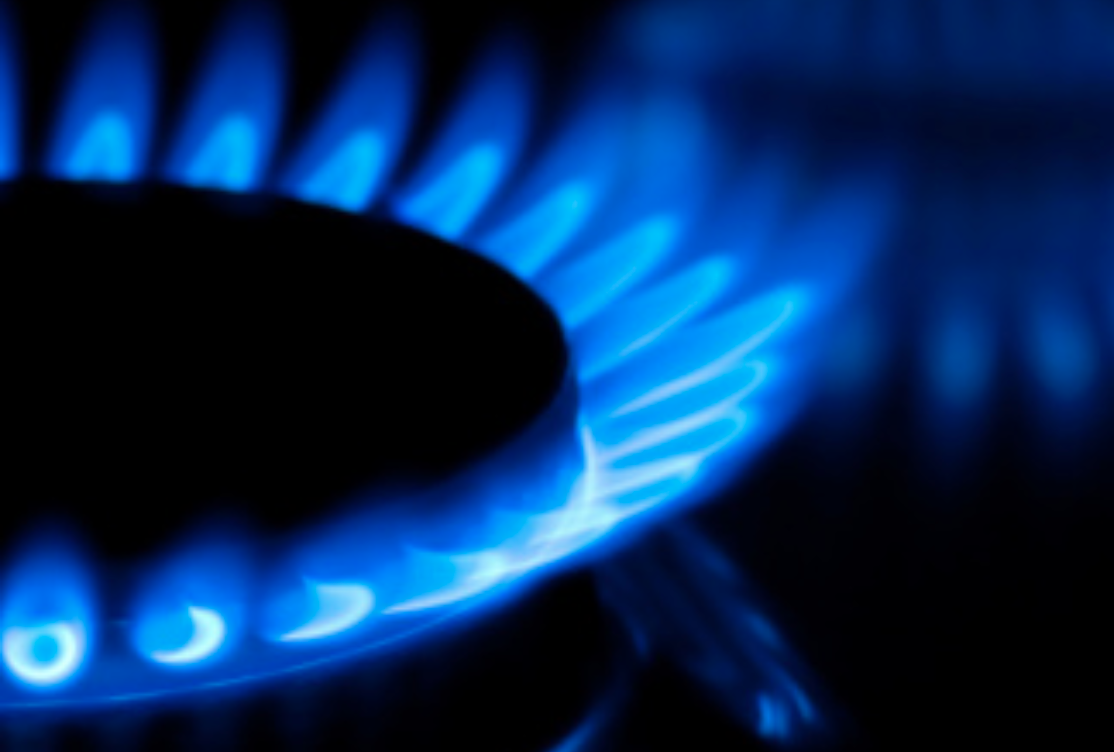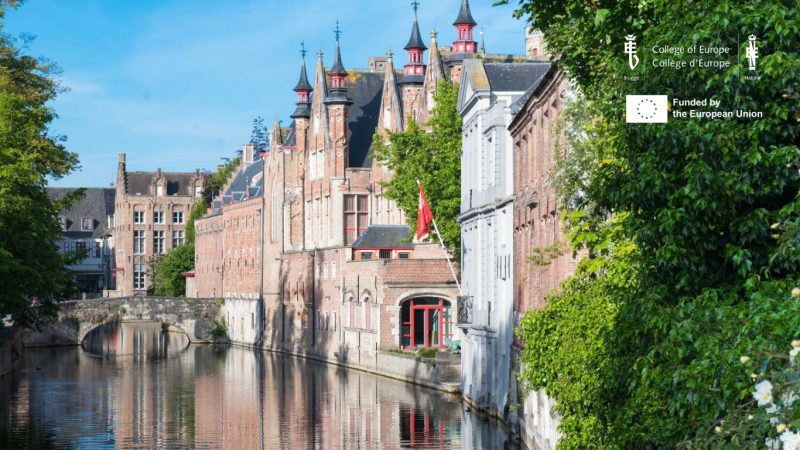
Gas supply costs hit record low levels in 2020 demonstrating the benefits of the EU market integration
- Economic development & market opportunities
- Economy and trade
- Strengthening Institutions & good governance
- Governance, rule of law and human rights
- Security, cross-border cooperation & border management
- Connectivity, energy efficiency, environment and climate change
- Energy & energy efficiency
Average gas supply sourcing costs declined in most EU Member States and the Energy Community Contracting Parties (including Georgia, Moldova and Ukraine) by more than €4/MWh year on year, according to a preliminary assessment of the EU Agency for the Cooperation for Energy Regulators (ACER) and the Energy Community.
The assessment measures the average yearly price at which nationwide suppliers can source their wholesale gas. The calculation considers the prices of products traded at national hubs, as well as declared cross-border gas imports and domestically produced gas.
The main drivers of the price decline were the demand reduction caused by COVID-19 and the highest-ever liquefied natural gas (LNG) deliveries registered during the first half of 2020. These resulted in historically low EU hub spot prices in the second quarter of 2020.
The assessment also revealed that only Ukraine, who progressed with gas market reforms, is reaping the benefits through more correlated gas prices with EU hubs, demonstrating the benefits of market integration. Due to limited upstream supply competition and lack of market liberalisation gas prices were still higher in the majority of the Contracting Parties than in the EU.
Find out more








